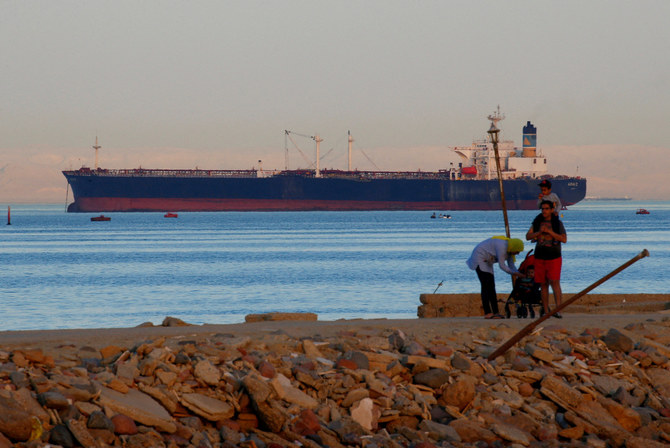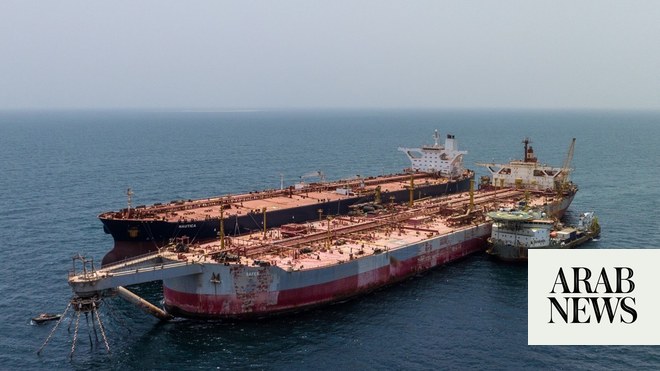
The passage of ships in the Red Sea and the surrounding waters has faced unprecedented destabilization in the past two months. Maritime attacks by the Yemen-based Houthi rebel group on commercial ships traversing the Red Sea has caused significant disruption to global trade. The group has targeted ships perceived to be linked to Israel, but several unrelated commercial vessels have also been attacked. This has led to a US-led multilateral military response against the Houthis. Within this context of increased maritime insecurity around the Horn of Africa, an old threat has reemerged in the shape of maritime piracy and armed robbery off the coast of Somalia.
In the 1990s and early 2000s, Somali piracy was the most significant threat to ships traversing vital maritime trade routes around East Africa. At their peak, between 2010 and 2015, more than 350 incidents of piracy were reported. In light of this, the Djibouti Code of Conduct was established in 2009 following an International Maritime Organization subregional meeting on piracy, armed robbery and maritime security in the waters of the Red Sea, Gulf of Aden and the Western Indian Ocean. This code has played a crucial role in significantly reducing piracy and other illicit maritime activities in these waters.
The Jeddah Amendment, added in 2017, further enhanced multilateral cooperation in the field of maritime security. Additionally, several naval military and patrolling forces have provided cover to these waters over the past decade, significantly deterring piracy. However, late in 2023, this threat reemerged.
At least four instances of the hijacking of vessels by suspected Somali pirates have been reported since the beginning of last month.
Against the backdrop of the Houthi attacks, Somali pirate attacks are also taking place again
Zaid M. Belbagi
Firstly, more than a dozen unidentified persons reportedly boarded MV Ruen, a Maltese-flagged commercial vessel, east of Bossaso, Somalia, on Dec. 14. Reports suggested that this was the first instance of the hijacking of a large commercial vessel since 2017, when pirates briefly reemerged and captured the Aris 13 oil tanker.
Further, on Dec. 18 and Dec. 22, the UK Maritime Trade Operations received information of two separate hijackings, in northwest Djibouti and near the Somali coastal town of Eyl. In the first instance, a vessel was approached by five small boats carrying armed personnel, while in the second a dhow was hijacked by heavily armed attackers.
Finally, a Yemeni fishing vessel was hijacked by five to six armed personnel 13 km north of Eyl on Dec. 23. The motivation for these acts remains unclear, but they represent a worrying trend in that, against the backdrop of the Houthi attacks, Somali pirate attacks are also taking place again.
Piracy, particularly around Somalia, has typically been motivated by economic reasons. A combination of factors, such as volatile domestic politics, climate change, a weak economy and fragile public services and infrastructure, continues to push a section of the population into illicit activity. This includes piracy, illegal fishing and the narcotics trade.
Somali piracy has posed a significant threat to global trade since the outbreak of the country’s civil war in the early 1990s. It was particularly prevalent due to the large number of merchant ships in these geostrategically important waters. Despite the increased frequency in recent months, however, maritime piracy is not expected to expand significantly and reach previous levels.
The ongoing naval attacks by the Houthis, which have notably been difficult to deter despite counterattacks by the UK and US, are motivated by political reasons. As per the statements made by Houthi leaders, the attacks will persist until the culmination of the Israeli hostilities in Gaza. Therefore, a reduction in such attacks will depend on broader diplomatic decisions and negotiations between the warring parties.
Despite recent events, anti-piracy infrastructure is already in place in the Western Indian Ocean
Zaid M. Belbagi
Economically motivated crime, on the other hand, may be constrained through other means, such as heightened international patrolling, law enforcement and government-sponsored schemes to train and reskill Somali youth. The last of these may take the form of providing alternative employment opportunities and developing the coastal economy, but this depends entirely on the stability of the Somali state.
Despite recent events, anti-piracy infrastructure is already in place in the Western Indian Ocean. The Puntland Maritime Police Force was formed in 2011 and is dedicated to the deterrence of illicit maritime activities in Somali waters. It has heightened its patrolling measures since November 2023. Operation Atalanta, also known as the EUNAVFOR, is the EU’s counterpiracy military operation that is present in the waters of the Horn of Africa and the Western Indian Ocean. Similarly, the multinational naval force Combined Task Force 151 was established in 2009 with a view to combating Somali maritime piracy. It collaborates with Operation Atalanta and NATO’s Operation Ocean Shield.
National naval forces also respond on a case-by-case basis. For instance, following last week’s hijacking attempt on the MV Lila Norfolk in the northern Arabian Sea, with 15 Indian crew members in the firing line, the Indian navy deployed its stealth-guided missile destroyer INS Chennai to secure the vessel. The Indian navy had similarly deployed its naval maritime patrol to assist MV Ruen, the Maltese-flagged vessel that was attacked around the Gulf of Aden last month.
Finally, while several pirates tend to be armed, they are not known to use advanced weaponry such as that used by the Houthis. This makes the act easier to deter with armed forces. Therefore, heightened patrolling around Somalia and Djibouti will likely deter any further instances of piracy. Maritime piracy has been deemed to be a high risk, low reward endeavor, so heightened patrolling is liable to increase the costs for hijackers while simultaneously reducing the frequency of such attacks.
Zaid M. Belbagi is a political commentator and an adviser to private clients between London and the GCC. X: @Moulay_Zaid











